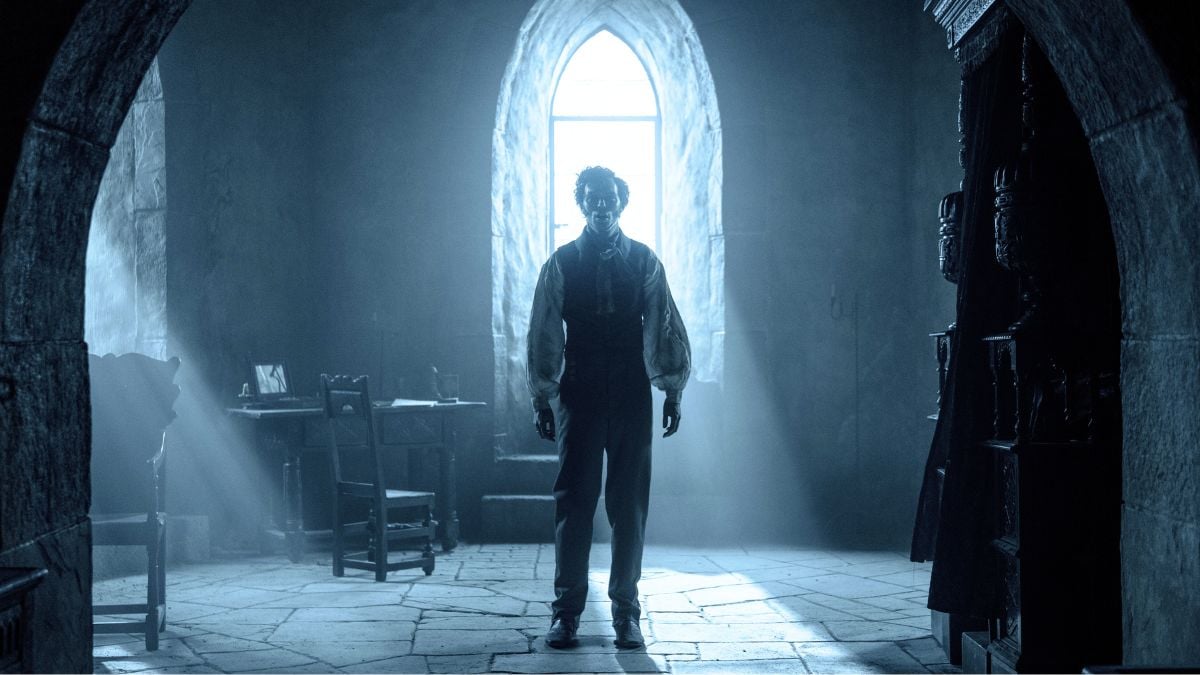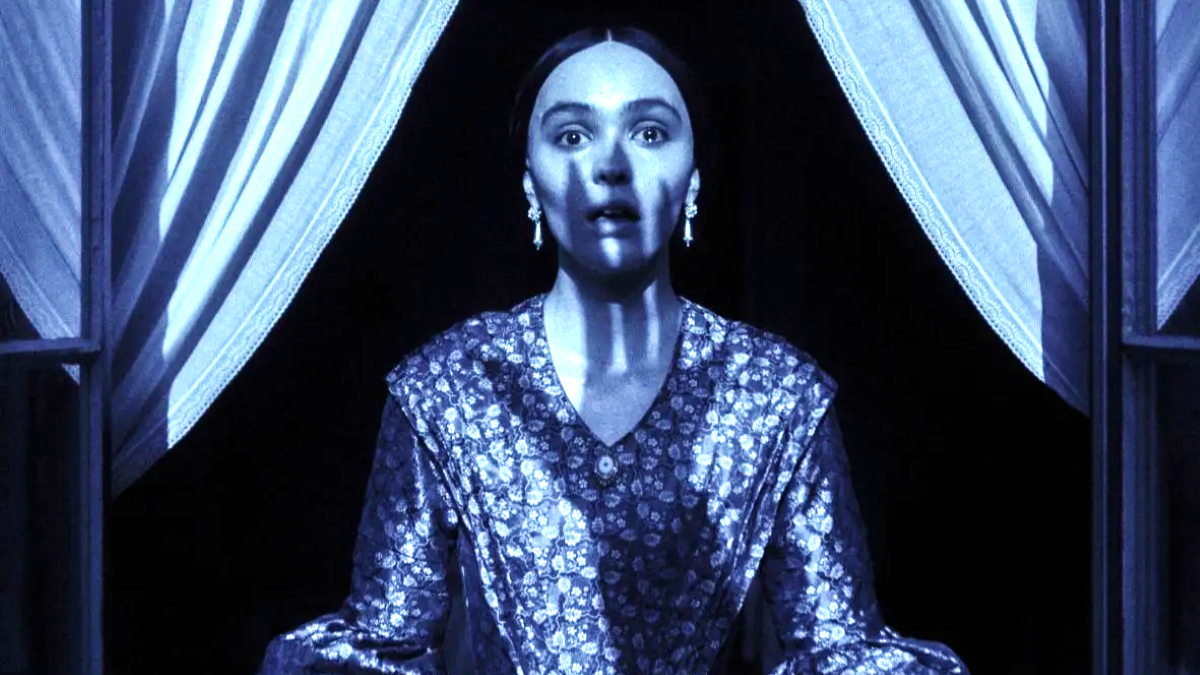
Perhaps there will come a day when genre cinema is officially regarded in the same echelon as the straighter dramas of the world, and judging by The Substance‘s Oscars prominence and Denis Villeneuve’s trio of Best Picture-nominated sci-fi films, that day is getting closer and closer.
But for now, we live in a world where horror juggernauts like Nosferatu still aren’t being given their dues beyond nominations for Costume Design, Production Design, Hair & Makeup, or Cinematography. All magnificent nominations in their own right, but it’s high time the so-called “above the line” Oscars voters recognized films like Nosferatu as voraciously as Peacock subscribers are right now.
Per FlixPatrol, Robert Eggers’ Nosferatu is stalking the top of Peacock’s film charts in the United States at the time of writing. Beneath its domain is Best Animated Feature nominee The Wild Robot (second place), major awards season contender Conclave (sixth place), and Renée Zellweger’s latest and greatest claim to fame Bridget Jones: Mad About the Boy (fourth place).
Nosferatu stars Lily Rose-Depp as Ellen Hutter, a kind young woman who desires a spiritual and emotional freedom that leads her to having dark thoughts and visions, much to the discomfort of her husband Thomas (Nicholas Hoult) and the rest of the townspeople. She seemingly finds what she’s looking for upon reawakening a psychic connection with the vampire Count Orlok (Bill Skarsgård), and the rendezvous between the two could prove to be rather catastrophic.

Nosferatu, of course, is a remake of the 1922 silent film of the same name, itself packing powerful themes about love, hubris, and humanity that Eggers magnifies to the nth degree here. And that’s just one aspect of its narrative and technical density that renders it nearly unassailable, but no less valuable of a watch.
One of Eggers’ more interesting directorial choices is the focus he puts on Nosferatu’s shadow, during which he’s rendered as an impression rather than an observable monster. This speaks directly to a storytelling practice from the silent film era wherein many key events took place off-screen and were later presented to the audience in text or dialogue. This required a willingness from the audience to trust and believe in that which they couldn’t immediately see, just as we willfully understand Nosferatu as a threat even when he’s nothing more than a shadow.
This ties into the wider narrative emotions of Nosferatu as well. Just as audiences of the silent film era were tasked with trusting something they weren’t seeing for themselves, Ellen’s friends and family are tasked with trusting Ellen’s existential emotional truth even though they aren’t experiencing or comprehending it for themselves.
They fail at this task, pulling out all the stops to seal Ellen’s emotions away for the sake of their own comfort, only for those same emotions to call out to Nosferatu and bring him to their town. Widespread death and destruction follow soon after — a physical manifestation of the inner destruction that Ellen was forced into by her purported loved ones who refused to listen.
Comments
Post a Comment